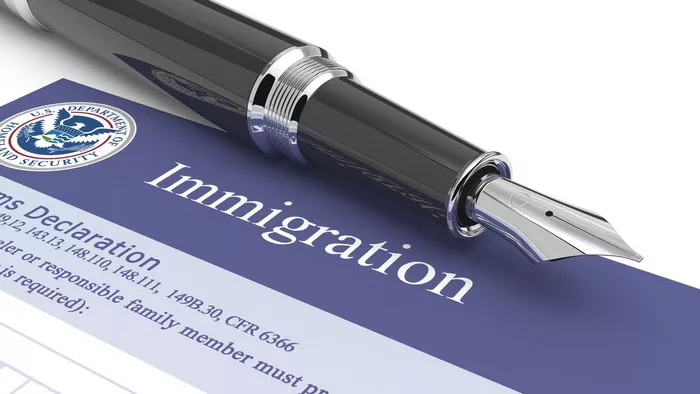The decision to relocate from the United States to Canada can be both thrilling and daunting. Whether motivated by career prospects, education opportunities, or a desire for a change in scenery, the process of moving to another country requires careful planning and consideration. From understanding the immigration requirements to adapting to a new cultural landscape, several key factors come into play when embarking on this journey.
Understanding Immigration Pathways
One of the first steps in the relocation process is to familiarize oneself with the various immigration pathways available for moving to Canada. Canada offers several immigration programs, each tailored to different circumstances and qualifications. These include:
1. Express Entry: Designed for skilled workers, Express Entry is a point-based system that evaluates candidates based on factors such as age, education, work experience, and language proficiency.
2. Provincial Nominee Programs (PNPs): PNPs allow Canadian provinces and territories to nominate individuals who have the skills, education, and work experience required to contribute to the local economy.
3. Family Sponsorship: Canadian citizens and permanent residents can sponsor their family members for immigration, including spouses, children, parents, and grandparents.
4. Study Permits: Individuals wishing to pursue higher education in Canada can apply for study permits, which may eventually lead to permanent residency through programs like the Post-Graduation Work Permit Program.
By researching and determining the most suitable immigration pathway based on individual circumstances, prospective immigrants can streamline their application process and increase their chances of success.
Meeting Immigration Requirements
Once the appropriate immigration pathway is identified, applicants must ensure they meet the eligibility criteria set forth by Canadian immigration authorities. This often involves providing documentation to prove qualifications such as education credentials, work experience, language proficiency, and financial stability.
For example, under the Express Entry system, candidates must undergo language testing to demonstrate proficiency in English and/or French. Additionally, they may need to obtain an Educational Credential Assessment (ECA) to validate their foreign qualifications. Similarly, PNPs may require proof of a job offer from an employer in the nominating province or evidence of ties to the region.
Navigating these requirements requires attention to detail and thorough preparation. Seeking guidance from immigration consultants or lawyers can be invaluable in ensuring all necessary documents are in order and that applications are submitted correctly and on time.
SEE ALSO: HOW LONG IS PROCESSING TIME FOR CANADIAN CITIZENSHIP?
Adapting to a New Cultural Environment
Moving to Canada entails more than just obtaining the necessary visas and permits—it also involves adapting to a new cultural environment. Canada is known for its cultural diversity and welcoming attitude towards immigrants, but newcomers may still experience culture shock as they adjust to life in a different country.
From understanding social norms and etiquette to familiarizing oneself with Canadian customs and traditions, assimilating into Canadian society requires patience, open-mindedness, and a willingness to learn. Building connections within local communities, joining cultural organizations, and participating in cultural events can help newcomers feel more at home and forge meaningful relationships.
Furthermore, familiarizing oneself with Canada’s healthcare system, education system, and legal framework is essential for a smooth transition. Understanding basic rights and responsibilities as a resident or citizen of Canada ensures compliance with laws and regulations and facilitates integration into Canadian society.
Financial Planning and Considerations
Moving to a new country often entails significant financial implications, and relocating to Canada is no exception. Prospective immigrants should budget for various expenses, including visa application fees, relocation costs, housing expenses, healthcare insurance, and daily living expenses.
Moreover, it’s essential to consider factors such as currency exchange rates, taxation differences between the United States and Canada, and potential implications for retirement planning and investment portfolios.
Developing a comprehensive financial plan and seeking advice from financial advisors or tax professionals can help mitigate financial challenges and ensure a smooth transition to life in Canada.
Conclusion
Moving to Canada from America is a transformative journey that requires careful planning, preparation, and adaptation. By understanding the immigration pathways available, meeting eligibility requirements, adapting to a new cultural environment, and addressing financial considerations, prospective immigrants can navigate the relocation process with confidence.
While the process may seem daunting at times, the rewards of living in Canada—a vibrant multicultural society with abundant opportunities for personal and professional growth—are well worth the effort. With careful planning and determination, the dream of starting a new chapter in the Great White North can become a reality.


